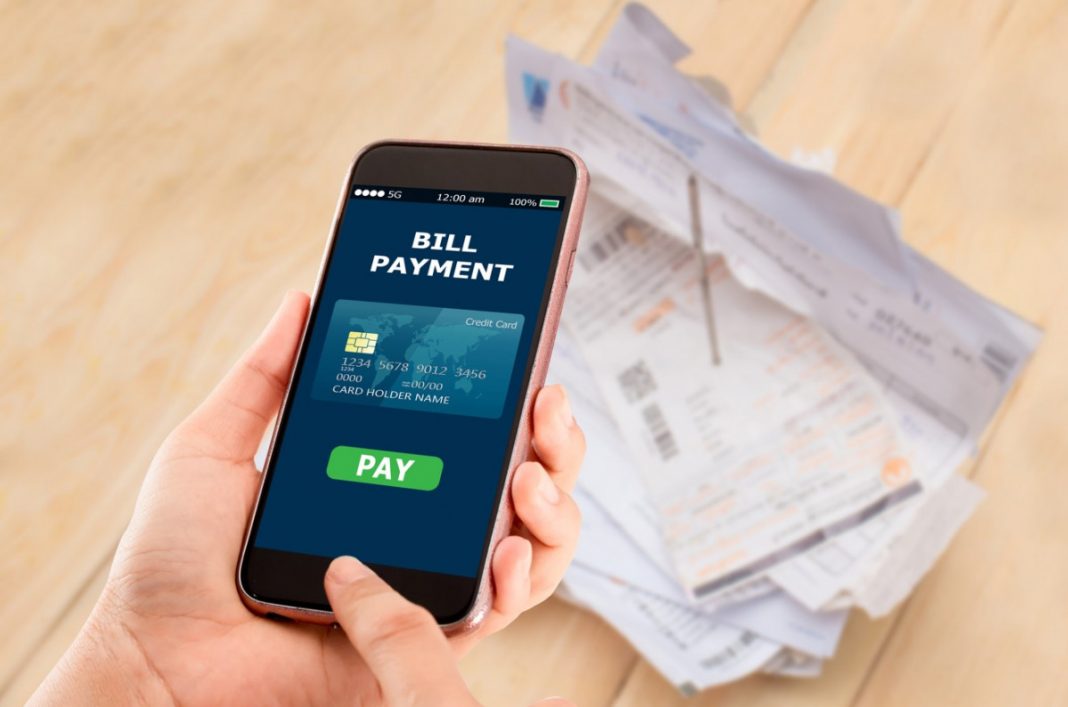Payments platform PayNearMe has released survey data revealing that US citizens are overwhelmingly struggling to stay punctual with bill payments.
The company’s own online research titled “Why Consumers Pay Late (and How to Encourage More On-Time Payments)” was launched with the goal of exploring the extent to which consumers are obstructed from paying their personal loans, auto loans, mortgages, and utilities on time.
Findings from the survey suggest that adults of all ages see the process of paying bills as being outdated, missing payment deadlines due to practices that are apparently not optimised well enough to ensure they provide a user-friendly experience.
“Nearly one in five adults surveyed say they paid a bill late because the online bill pay process was so complicated that they became frustrated and didn’t complete the payment,” said Anne Hay, Head of Consumer Research Initiative at PayNearMe.
“To increase on-time bill payments, billers need to create a frictionless payment experience, and, for many consumers, that means having the ability to pay their bills via a mobile device,” highlighted Hay.
Indeed, a large fraction of the 2,676 citizens questioned by PayNearMe say that the option to make mobile bill payments, along with having all the utilities a smartphone can add such as notifications or a digital wallet functionality to store bills, would make it significantly easier to stay on top of upcoming payments.
In a more detailed overview, those who favour receiving a text message or an email reminder of when a bill is due are equal to almost half of the surveyed (45%). Another impression from the report that highlights the appeal of mobile payments is that 38% of all participants believe that a clickable payment link attached to the reminder would be even more convenient.
Focusing on demographics and demographics-specific challenges, the report outlines that people of ages between 18 and 29 are most likely to miss payments. Most often this is the result of either a lost password for a bill payments website (51%), or simply because young adults find it difficult to keep track of due dates (53%).
Going forward, adults between the ages of 30 and 44 admit that it is very likely for them to overlook paper bills (34%), while a total of 26% say that they often become frustrated with a cumbersome online bill pay process.
Data for the final age group shows that those aged between 45 and 60 are most likely to procrastinate or even forget to pay a bill (40%).
“When tens of millions of people are paying their bills late, billers need to adapt the bill pay process to meet customers where they are; and they are on their mobile phones,” Hay added.
“Having a mobile bill pay strategy can increase on-time bill payments across age groups. PayNearMe is working with billers to enable their customers to easily pay bills directly from their mobile wallets so they can get the information they need — the amount due, payment deadline and remaining balance — right on their smartphone.”
Drawing from the report, PayNearMe’s strategy of integrating bill payments into mobile tech closely correlates with what consumers are asking for.
If given the opportunity, nearly 38% of US adults are likely or very likely to pay their bills using Apple or Google Pay. More than one-third (35%) are confident that storing bills on digital wallets while also being able to pay via smartphone would make it easier to make payments.
Additionally, a total of 42% of consumers from all ages are likely or very likely to use digital wallets as means to store, view, and pay recurring bills should their billers make this option available.
“The majority of US consumers own a smartphone, and we estimate there are billions of bill payment transactions every year. It is clear late payments don’t have a single cause, and billers need to adjust to meet the preferences of all consumers to help ease the process — and that includes offering a frictionless mobile payment experience,” Hay concluded.




















